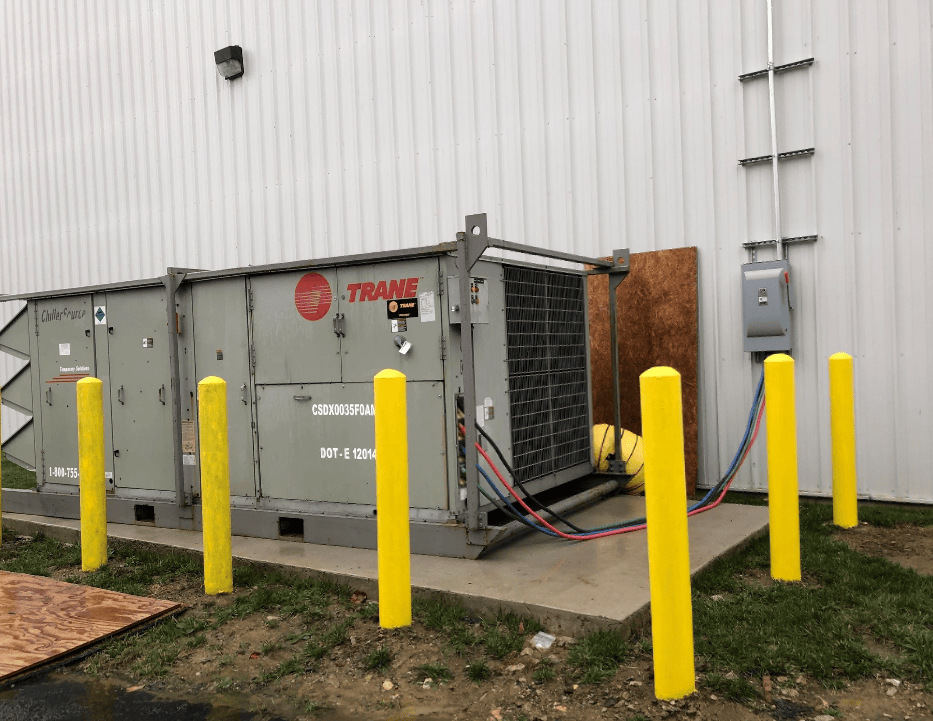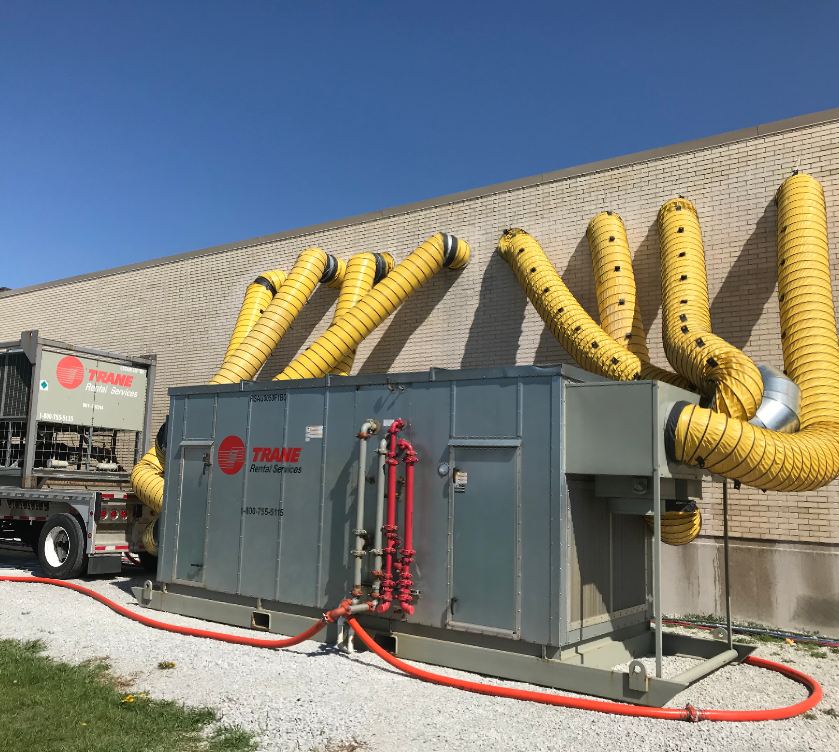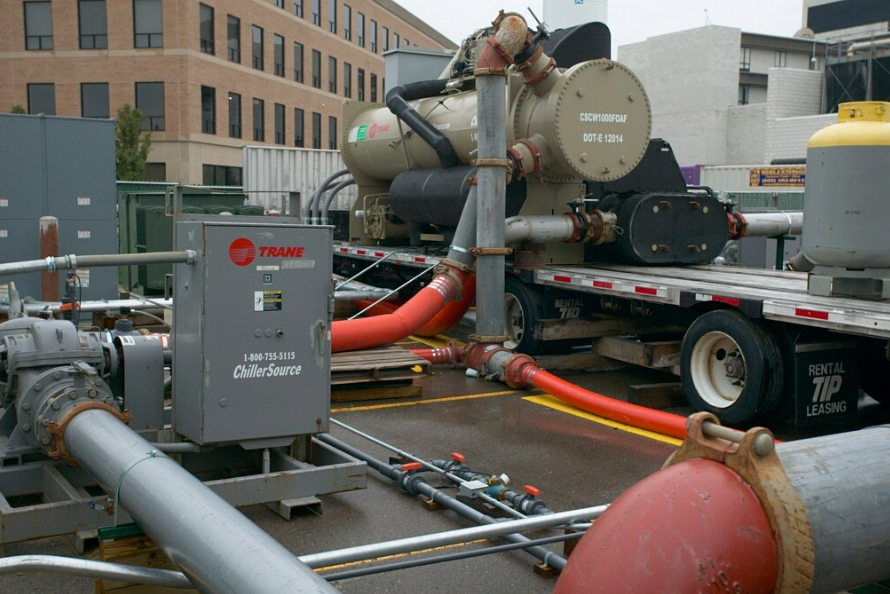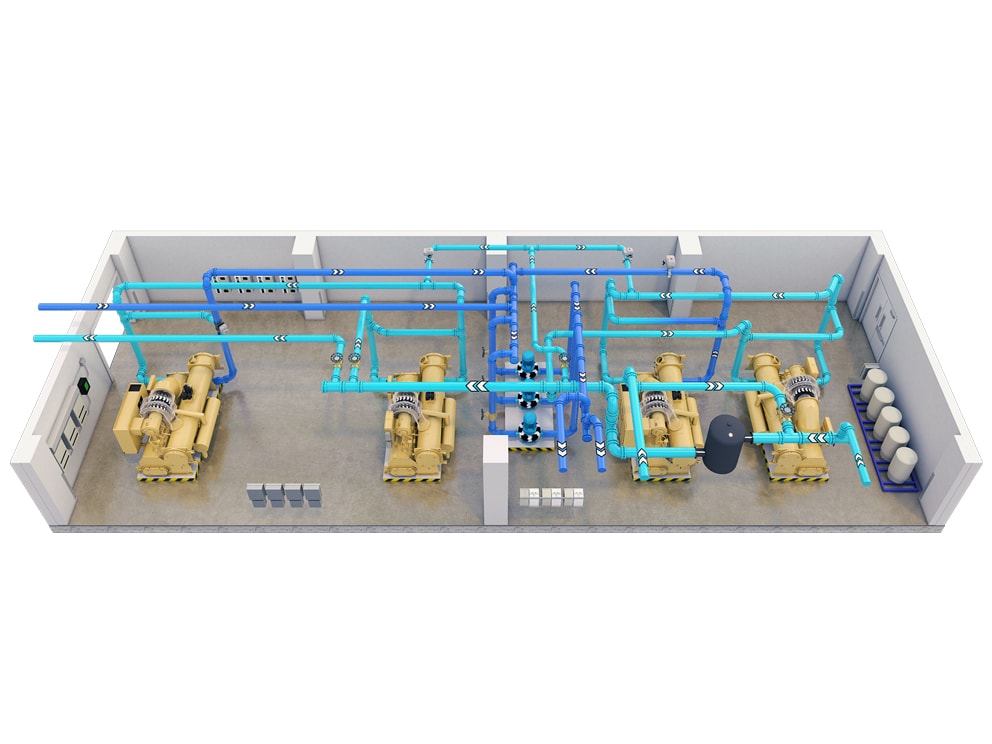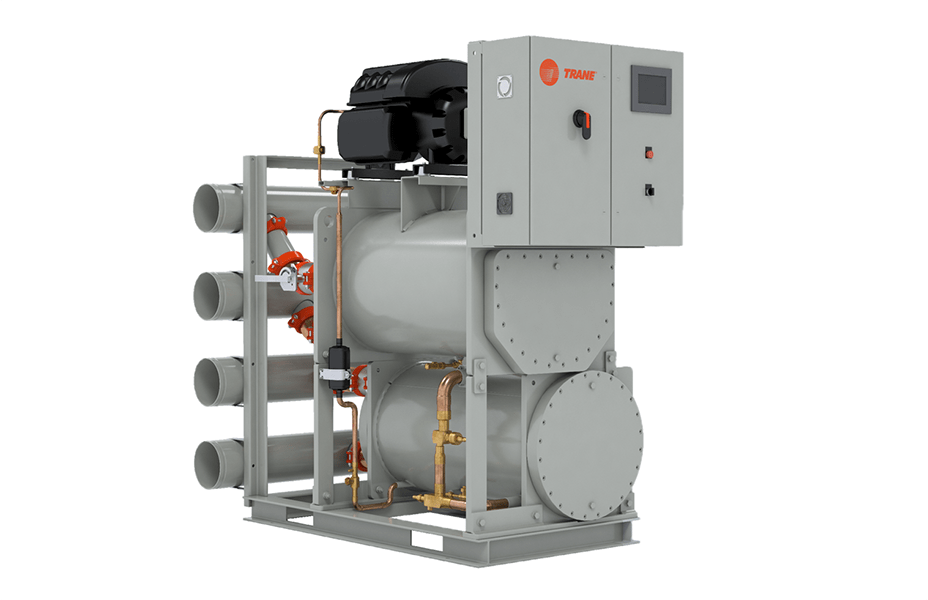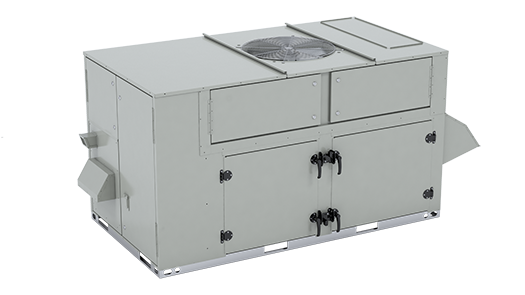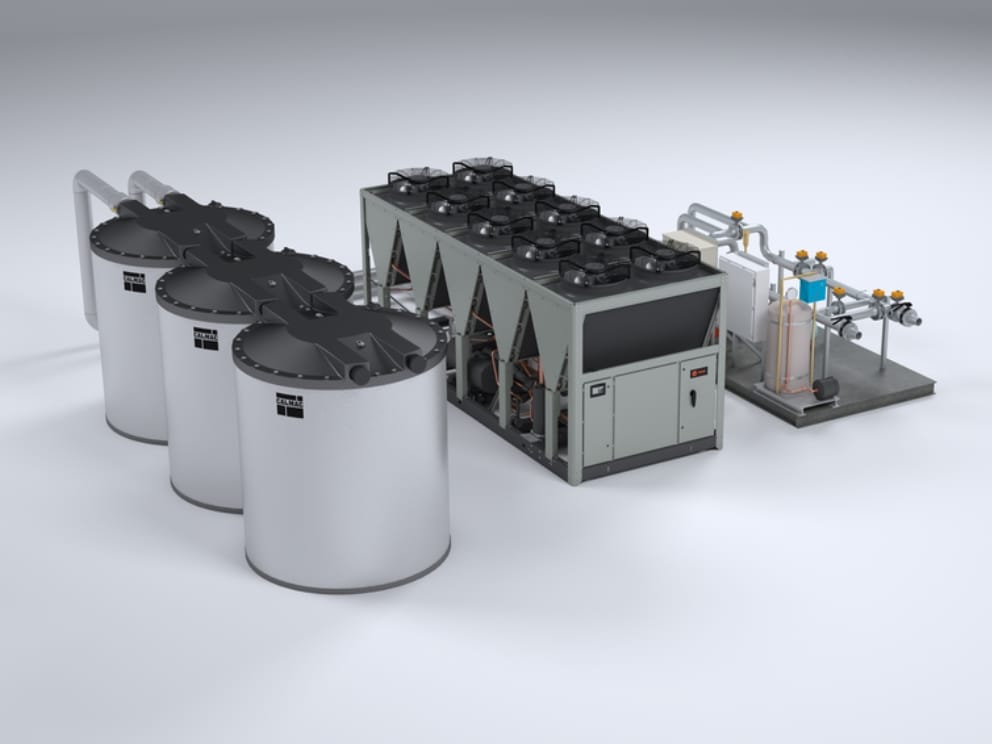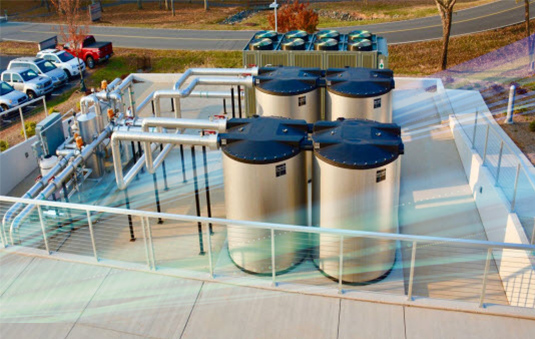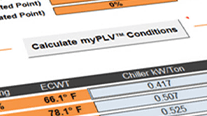EPA Repeals Clean Power Plan
October 23, 2017
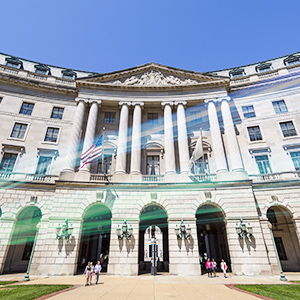
On October 10th the head of the U.S. Environmental Protection Agency (EPA), Scott Pruitt, announced that he was signing a proposal to repeal the Clean Power Plan (CPP), effectively ending the embattled program. This move was largely expected as prior to taking the helm of the agency, Pruitt was among those most vocally against the scheme to regulate carbon, stating that it exceeded the authority of the EPA.
Since its inception the plan has been controversial, relying heavily on the 2009 amendment to the Clean Air Act that grouped carbon dioxide (CO2) with gasses such as methane and nitrous oxide that are emitted during power generation. Called the “endangerment finding,” this decision to classify CO2 as hazardous to public health and public welfare effectively required the EPA to regulate emissions per the Clean Air Act and a 2007 Supreme Court Ruling (Massachusetts v. EPA).
Under this precedent, the EPA began to craft a series of policies that would collectively be referred to as the Clean Power Plan. At the heart of the CPP was an emissions goal set for each state, based on emissions levels in 2005. States would have been given three-to-five years to develop and plan for how these goals were going to be achieved. This plan was released in stages during the second half of 2015.
Objections to the CPP were wide ranging, as is often the case with environmental legislation. Eventually, by late 2016, arguments were made before the U.S. 9th circuit Court in Washington, D.C. that focused on two specific provisions of the Act (see our discussion of the hearing here), and ended with a stay order delaying implementation until all court challenges were final.
With the election of Donald Trump to the presidency later that year and the subsequent appointment of Scott Pruitt to the head of the EPA, much talk began to center around the fate of the CPP. Pruitt, in his then role as attorney-general of Oklahoma, had been among those bringing suit against the federal government over the CPP and had publicly denounced the rule numerous times.
Going forward, Pruitt has pledged to create a new plan to regulate carbon by working with industry representatives. There has been some speculation of working toward overturning the 2009 endangerment finding, negating the need for the EPA to regulate carbon emissions at all, though the legal case for this would likely be onerous.
The rulemaking to roll back CPP will likely have few impacts on consumers, as the plan was already stayed prior to implementation. While some states have pledged to implement the CPP or a version of it on their own, other states are likely to find themselves in compliance with the plan assuming the trends of low natural gas prices and the cost renewable of generation continues to decrease. The growing trend for sustainability at the corporate level also cannot be overlooked, as this will continue to drive increased capacity buildout of wind and solar generation and investments in energy efficiency.
Trane and the Circle Logo are trademarks of Trane in the United States and other countries.


















